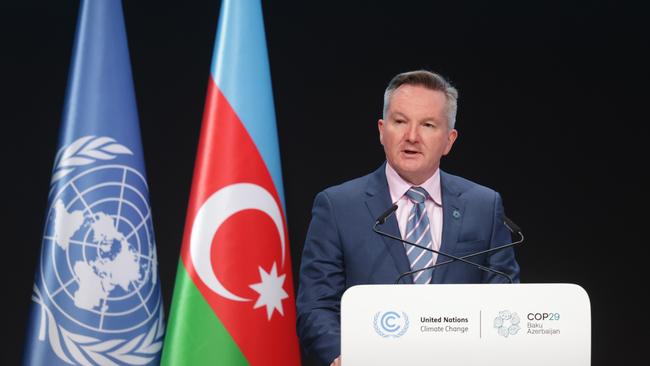
The Albanese government is party to a giant global heist, a monumental rip-off of some countries by others, which Labor is trying to bury until after the election, hoping the public won’t notice until it’s too late.
It’s bad enough the federal government has consistently failed to be upfront about the cost of meeting its emissions reduction targets; far from helping to cut power bills by $275 per household a year, it has instead increased them by up to $1000. It also has no credible plan to firm the electricity supply when and if renewables become 82 per cent of total power in just six years (as the government demands they should).
And it’s now trying to renege on an earlier promise to announce its even more ambitious (or ruinous) 2035 targets before the election next year. But as bad as all that is, it’s now trying to keep us in the dark about the ramifications of a series of new international commitments that will inevitably have massive implications for domestic policy and the federal budget, which is already bleeding red ink in the forward estimates.
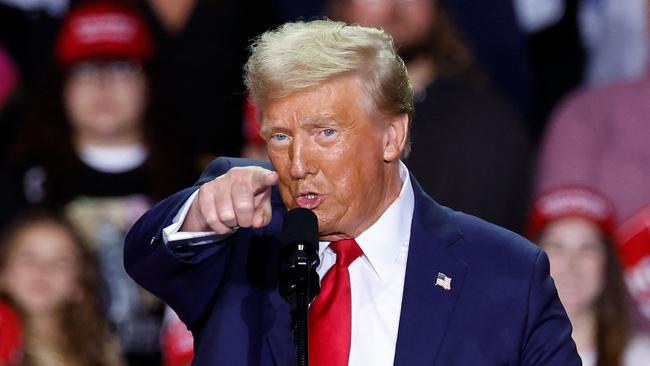
With an election looming, Labor is desperate to keep secret its submission to the International Court of Justice in support of rich countries’ supposed legal obligations to meet climate targets; as well as the implications for Australia of its agreement to participate in a nearly half-trillion dollar a year climate fund to pay reparations to the supposed victims of climate injustice.
Last year, at the urging of Pacific Island countries that claim they are threatened with climate-driven inundation, the UN General Assembly requested the ICJ to provide an advisory opinion on countries’ obligations under international law to protect the climate “for present and future generations”.
The aim is to seek clarity on the legal consequences for countries such as Australia whose actions (or inactions) have supposedly “caused significant harm to the climate system and other parts of the environment”.
Australia co-sponsored this resolution. This is despite credible research findings that more islands in the Pacific and Indian oceans are growing than shrinking, regardless of the impact (if any) of climate change.
As reported by the ABC in 2021, using satellite images of islands as well as on-the-ground analysis, scientists at the University of Auckland have concluded “the majority of islands … has either got larger or stayed very similar in size”. While at pains to stress that this did not mean there was nothing to worry about (naturally enough, so as not to risk future research grants), the scientists concluded that coral reefs, regardless of any sea level rise, were producing enough sediment for most islands to grow.
But doubtless driven by the Albanese government’s need for Pacific Islands support to hold the 2026 COP climate conference, the government earlier this year made a (thus far) secret written submission to the ICJ reinforcing, according to our embassy in the Netherlands, Australia’s view that “climate change is the single greatest threat to the livelihoods, security and wellbeing of the peoples of the Pacific” and declaring that Australia “recognises the importance of taking urgent action”. And on December 3, so next week, Australia will make its oral submission to the court at The Hague.
While rulings of the ICJ are not binding, they are impactful and can’t be appealed. For instance, it was an ICJ ruling on the return of the Chagos Islands to Mauritius, including the vital Diego Garcia military base, that the British Labour government cited when it recently surrendered its sovereignty.
Vanuatu, the country that’s leading this case at the international court, says Trump’s re-election, and the likely withdrawal of the US from the Paris climate accord, makes the court’s clarification of wealthy countries’ legal obligations even more important, which is why it’s so wrong that the Albanese government has never published its submission.
At the UN climate conference in Azerbaijan last week, Climate Change and Energy Minister Chris Bowen co-chaired the session on climate finance, namely the reparations that rich countries are supposed to pay to developing countries, including China.
At this conference China demanded the West pay $1.8 trillion every single year into this fund, which shows some hide given that China’s emissions in just the past decade have exceeded Britain’s total emissions since the start of the industrial revolution.
While the China ambit claim was not agreed to, the Bowen-chaired session did agree that wealthy countries would be on the hook to pay more than $450bn every year into this climate fund from 2035 – a fund China won’t pay into but will likely draw down from as a supposedly developing country, even though China is the world’s second largest economy and the world’s biggest emitter.
Unsurprisingly, in this climate theatre of ever more extravagant promises and even more extreme demands, $450bn a year has been denounced as totally inadequate. India’s COP representative slammed it as a “paltry sum” that was “nothing more than an optical illusion”. Yet the fact India has committed to achieve net-zero emissions only by 2070 strongly suggests the world’s fifth biggest economy, and third biggest emitter, regards climate as more a means of moral blackmail, to extort ever more development aid, than as an existential threat.
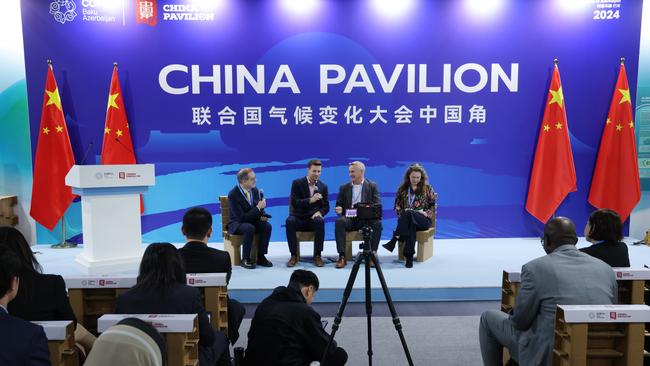
While Australia produces just over 1 per cent of the world’s emissions, our coal and gas exports mean we could be held partly responsible for much more because of efforts to count the fossil fuels we send overseas, and that other countries use, as part of our aggregate total emissions. This means that our resources that power the Chinese economy could end up counting towards Australia’s climate reparations. That’s the madness in all of this! As well, Australia has about 4 per cent of the total GDP of G20 developed countries. In other words, we could be liable to pay as much as $20bn a year into this $450bn annual fund, yet still the Prime Minister is refusing to quantify our eventual financial obligations.
Despite signing us up to a presumably gargantuan future commitment, all Bowen had to say in the wake of the Baku climate gabfest was that Australia would become “the sixth largest contributor to the Fund for Responding to Loss and Damage with a $50m contribution”.
This, he said, “builds on our foundational $100m contribution to the Pacific Resilience Facility, a Pacific-owned facility that will support locally led, small-scale projects across the Blue Pacific Continent that respond to loss and damage”.
As well, the government recently announced a $300m contribution to the Asian Development Bank “to support climate action in Asia and the Pacific”.
When pensioners can barely pay their power bills, Australians are being forced to go back to the days I remember as a child, growing up in the blistering heat of Victoria’s Mallee – of blackouts, darkened homes in summer absent modern airconditioning and generators keeping fridges going.
All the while, we’re sinking further and further into debt while shovelling billions overseas to atone for our good fortune of living on a continent rich in fossil fuels that we can export but can’t use. Honestly, the joke’s on us, isn’t it?


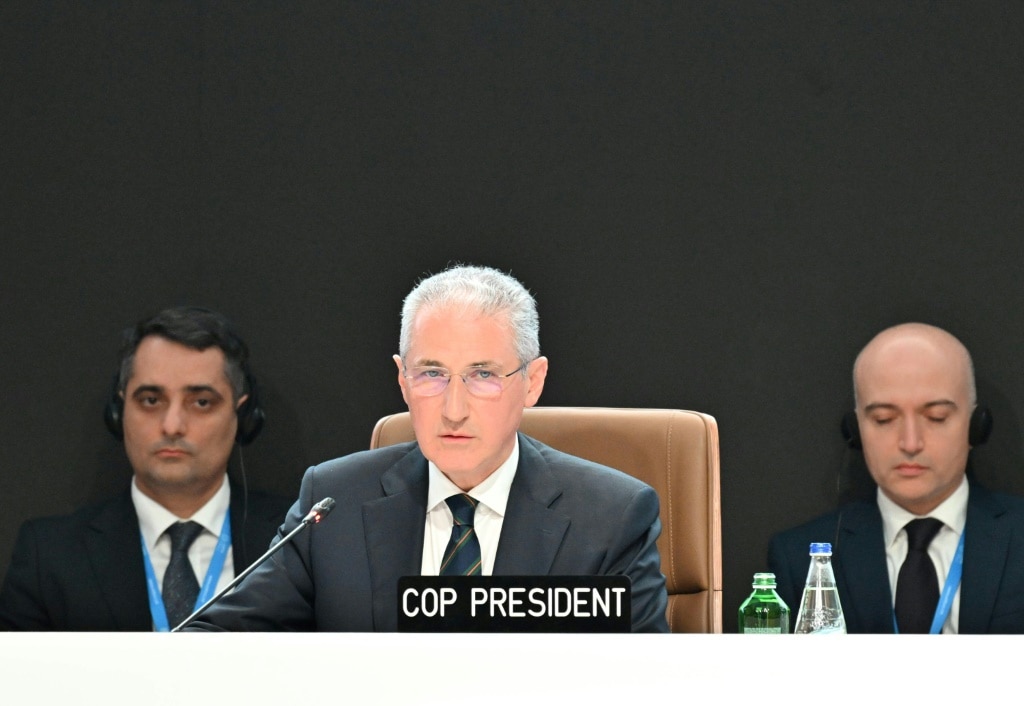
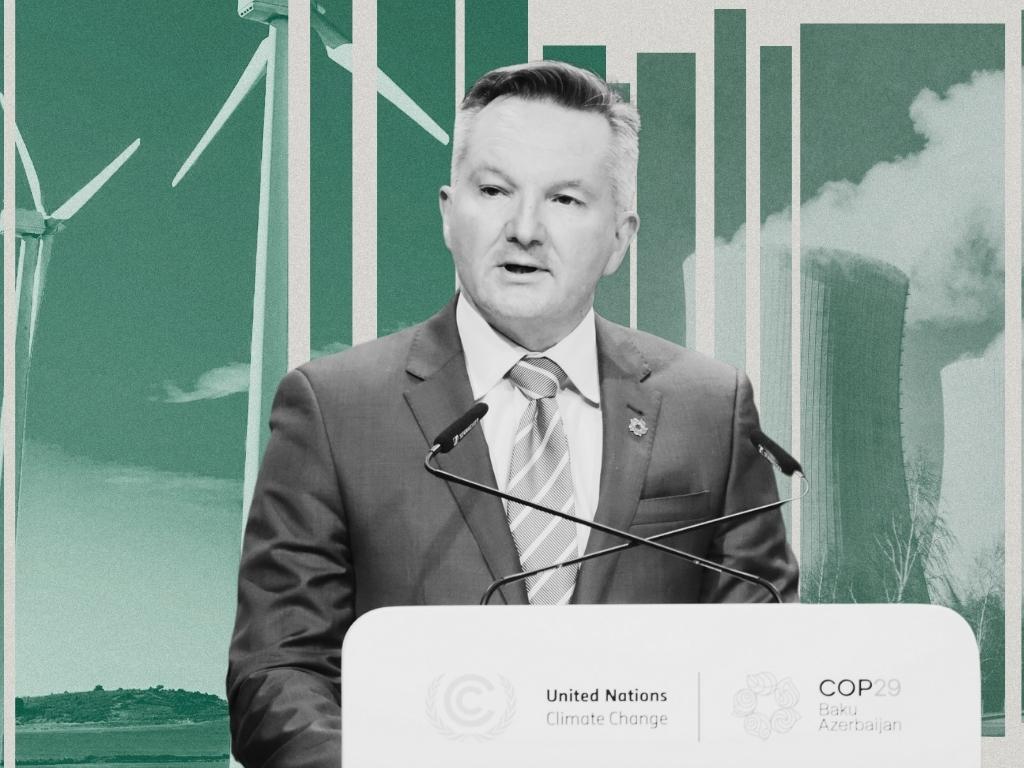



Describing climate change as a hoax, as Donald Trump does, may be going too far, but much of the policy to deal with it is certainly a scam and the sooner that’s recognised the better.